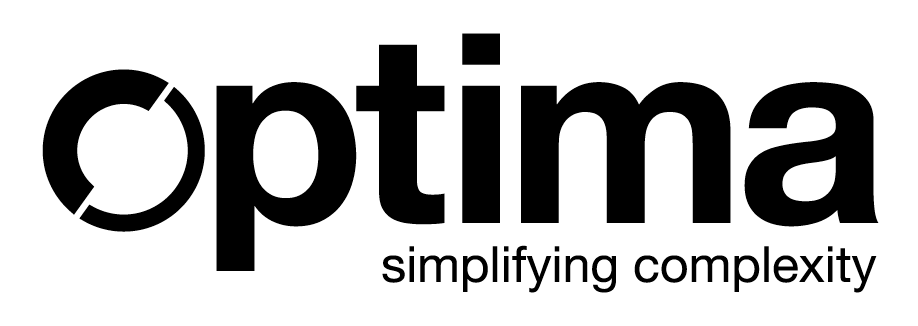Cost of quality of QA/QC activities drives to challenges in a production environment
There is a strong and direct correlation between quality of the processes and costs of the laboratory itself.
In today’s world, lab managers see themselves stretching their resources and overwhelm them with high workloads, often forcing cuts that could affect the quality of the activities and the outcome of the lab.
Nevertheless, companies providing products to the market are focusing on enhancing their ability to be competitive and improving the efficiency of the production processes.
Quality, for labs, is not an option; it should be a pivotal part of the creation of a business activity. Instead, labs are facing a big challenge: the cost of poor quality.
Too often quality is considered a cost to be controlled as much as possible. On the other hand, accurate provision of financial information related to the quality activities is not considered a priority. It is typically a reaction to specific requests or a reaction to challenging situations: when the quality of products decreases, the QA and QC departments are challenged to ensure that sufficient resources are dedicated to the checks of the released products; when the company faces financial challenges, the QA and QC departments are requested to review their costs to be in line with the overall company performance.
All in all, the quality departments should spend more time in making sure that their financial performance is perfectly aligned with the company management. How to do it?
Where does the real challenge on cost of quality lie?
All quality departments are able to provide summary reports about the amount of activities (i.e. number of deviations handles, number of samples analysed, number of tests performed, etc.). Is this what the company management is looking for? Unfortunately, not. Are the quality departments really aligning their financial information with the company one? This is the first challenge to take into account. Having a clear view of the expected information may resolve a lot of internal discussions. This is a great starting point.
But, again, this may not be enough because the expected results cannot be provided or may cost a huge amount of management time.
Therefore, where is the issue? The lack of structured raw data. High level information is obviously available: the cost of a given instrument, the related maintenance fee, the services acquired from external companies, etc. This type of information is easily retrievable from the company financial system. The real challenges related to the specific cost associated with the main company activities: cost of quality activities related to a given batch of production, a specific product, a specific category of products.Here the challenge starts.
How to identify quality costs and remove unnecessary expenses?
In order to respond to this type of questions, the quality departments should be able to know the amount of time that has been spent to handle the QA/QC activities associated to the given company item (batch, product, etc.). Most of the QA departments are not collecting detailed information about the time spent on each activity (deviations, complaints, etc.). Most of the QC departments are not tracking the amount of time spent in their activities (tests, quality issues, customer requests, etc.). They have difficulties to indicate the amount of time an instrument is used. The only solution is a time tracking system that tracks the hours spent on each of the indicated tasks.
Optima offers this type of solution: this lab resource scheduler allows the allocation of human resources and the instruments (when needed) to the different activities. The result is the real ability to define the amount of time spent on each activity and for which purpose. A simple query on Optima lab resource scheduler database can respond to most of the questions raised above.





